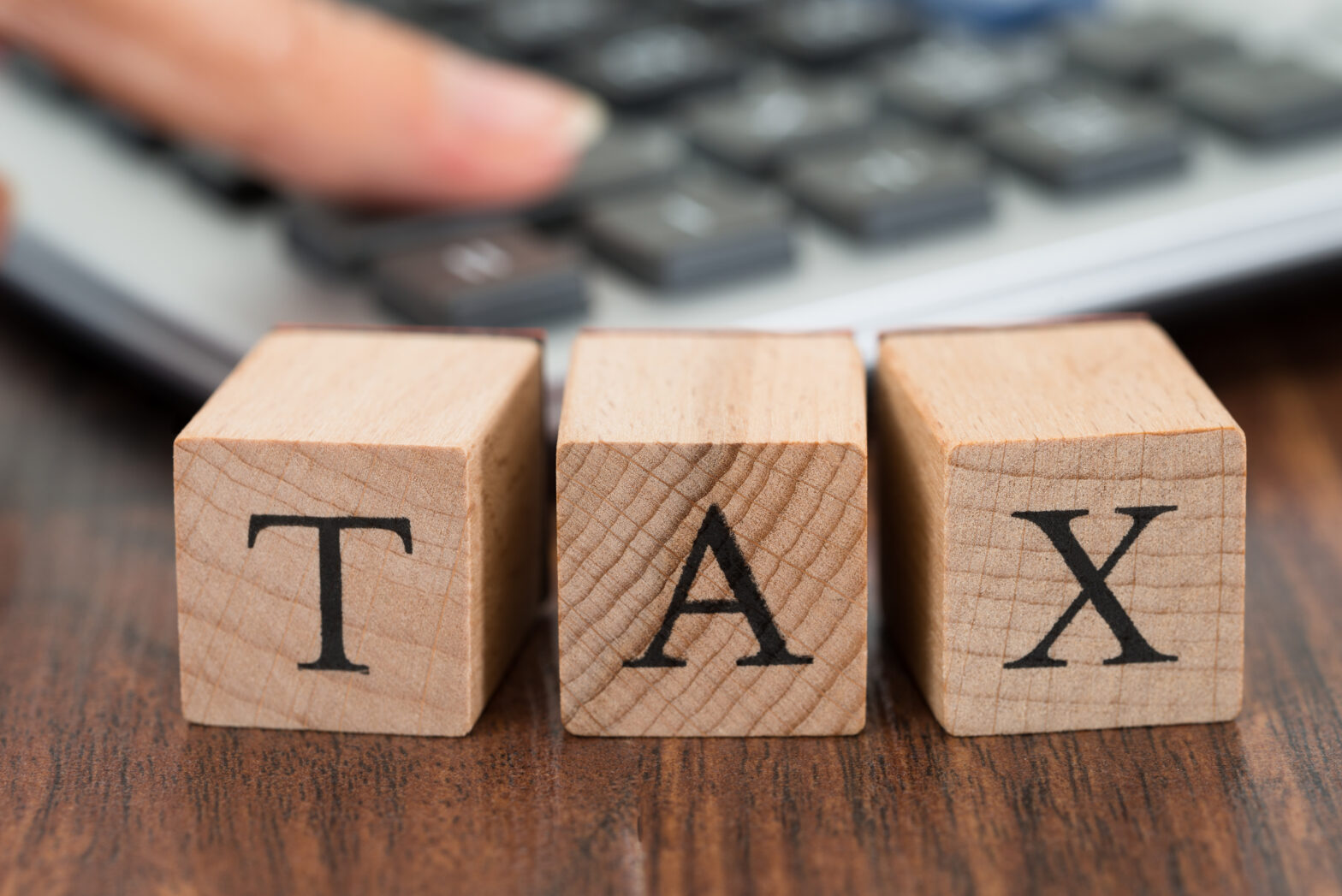Tax, National Insurance and VAT are an everyday part of thousands of businesses across the country.
VAT
VAT is Value Added Tax which is added to most goods and services. Once your business turnover reaches a certain level (the ‘VAT threshold’), you must register for VAT (this is £85,000 for the 2021/22 tax year). Although some goods are exempt or zero rated.
You can voluntarily register for VAT before reaching the threshold. Sometimes bigger customers and suppliers will take you more seriously and you’ll also have the advantage of being able to claim back VAT on your purchases. But it does mean additional paperwork. You must account for all VAT and file a return to Revenue and Customs along with a cheque for any VAT owing.
See also: Which products have VAT on them?
Tip:
VAT returns are usually submitted quarterly to HMRC, but if your estimated VAT taxable turnover is £1.35m or below for the next 12 months, you can join the Annual Accounting Scheme, meaning you need only submit the one annual return.
National Insurance
This is money collected by the Government that goes towards paying benefits. Contributions are compulsory and most self-employed people have to pay two types: Class 2 and Class 4. Class 2 is a fixed amount (at £3.45 per week for 2024/25) a week and Class 4 is a percentage of profit made by the company over the specified thresholds.
Related: How businesses can manage the rise in employers’ National Insurance
Income Tax
If you are self-employed or a company director, you’ll need to fill out a self-assessment tax form every year. Save time by completing your tax return online, but if you file your return on paper and want HMRC to work out how much tax you owe, you’ll need to submit your return by the end of September. Don’t forget that fixed penalties are in place for missed deadlines.
Self-assessment key dates:
- 6 April to 5 April tax year
- 30 September if completing a paper tax return and want the HMRC to calculate your tax
- 31 January previous years tax return must reach HMRC
- 1 February £100 penalty if your previous year tax return hasn’t been received.
Tip: Register with Revenue and Customs and submit your VAT return online. This will help reduce paperwork and reduce the risk of making mistakes.
Tip:
When you file your tax return online, the system will work out calculations for you. Also you won’t need to complete it until 31 January. Find more info on tax, VAT and National Insurance at .gov.uk
See also: What taxes does a business have to pay on its trading activities? – An overview of the main business taxes you will encounter and the circumstances under which you will be liable to pay them.





